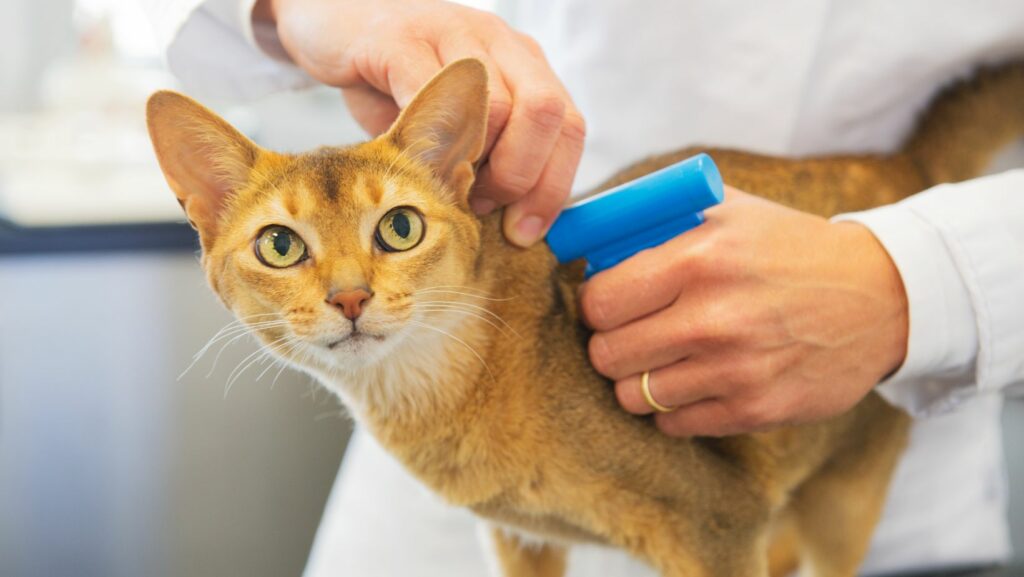In pet health, exploring unconventional remedies is becoming increasingly common. Among these, the use of mushrooms as a potential treatment for arthritis in cats has garnered attention. Arthritis, a condition marked by joint inflammation and pain, affects not only humans but also beloved feline companions. However, owners often ask questions like “Can cats eat mushrooms?” or “What kind of dosage is good for them?” So, explore important facets that will help you understand how to harness the healing power of these edibles.
Understanding Arthritis in Cats:
Arthritis isn’t exclusive to humans; cats can also suffer from this debilitating condition. It’s crucial for owners to recognize the signs of arthritis, which often include limping, reluctance to move, and decreased activity levels. Arthritis can significantly impact a cat’s quality of life, making it essential to explore effective management strategies.
The Power of Medicinal Mushrooms:
Throughout history, they have been revered for their medicinal properties. From traditional Chinese medicine to contemporary holistic practices, these edibles have played a vital role in promoting health and well-being. Certain species contain bioactive compounds that possess potent anti-inflammatory and immune-boosting properties, making them intriguing candidates for managing arthritis in both humans and animals.
Benefits of Mushrooms for Feline Arthritis:
Recent studies have unveiled mushrooms’ therapeutic potential for cats afflicted with arthritis. This condition, marked by joint pain and stiffness, significantly impairs mobility and the overall quality of life in felines. However, the bioactive components, such as polysaccharides and beta-glucans, exhibit unique properties that could offer relief to these animals.
Polysaccharides, abundant in certain types, are long-chain carbohydrates known for their immune-modulating effects. By optimizing the immune response, they can indirectly mitigate the inflammatory processes that exacerbate arthritis. This can reduce swelling, pain, and other discomforts associated with joint inflammation, potentially restoring normalcy to the cat’s movements and activities.

Beta-glucans, another group of biologically active compounds found in these edibles, are crucial in managing inflammation and enhancing the body’s defense mechanisms. These substances are known for their ability to activate immune cells and trigger a series of responses that help fight inflammation, thus addressing one of the root causes of arthritis.
Incorporating these edibles into your pet’s diet is a natural and effective strategy to combat arthritis symptoms.
Safe Mushroom Options for Cats:
When considering mushrooms for arthritis treatment, safety is paramount. While some types boast therapeutic properties, others can be toxic or harmful to felines. It’s crucial to choose commercially available supplements specifically formulated for pets or consult with a veterinarian to ensure the safety and efficacy of the chosen mushrooms. Pet owners can confidently integrate mushrooms into their cat’s wellness regimen by taking precautions and selecting safe options.
Incorporating Mushrooms into Your Cat’s Diet:
Introducing mushrooms into a cat’s diet can be done in various ways. From oils to mushroom-infused treats, there are numerous options available. However, it’s essential to start with small doses and closely monitor your pet for any adverse reactions.

Additionally, maintaining a balanced diet is key, and pet owners should collaborate with their veterinarian to ensure that these edibles complement their cat’s overall health and any existing treatment plans.
Conclusion:
In conclusion, mushrooms present a promising avenue for managing arthritis in cats. Certain species offer potential relief for feline joint pain and discomfort with their anti-inflammatory and immune-boosting properties. Owners who understand questions such as ‘Can cats eat mushrooms?’ and the appropriate dosage should exercise caution and choose safe options, consulting with a veterinarian when necessary. By thoughtfully incorporating mushrooms into their cat’s diet under professional guidance, pet owners can contribute to their furry companion’s well-being and comfort in managing arthritis symptoms.


More Stories
The Technology Behind Virtual Receptionist Services
Crypto And Cards: The Fusion Of Blockchain And Betting
Tool Overload: Why Less Software Sometimes Means More Progress